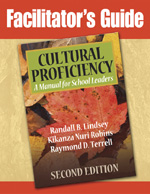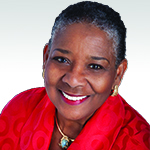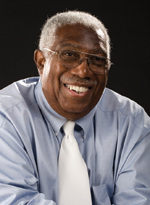Hands-on, Practical Guidance for Educators
From math,
literacy, science, equity, multilingual learners, and SEL, to assessment, school counseling,
and education leadership, our books are research-based and authored by experts
on topics most relevant to what educators are facing today.

Facilitator's Guide to Cultural Proficiency, Second Edition
Overflowing with practical ideas in an easy-to-use format, this Facilitator's Guide to the best-selling book, Cultural Proficiency, Second Edition, provides detailed information on conducting workshops-from pairs to large groups-to productively respond to the diverse populations within the school community.
Product Details
- Grade Level: PreK-12
- ISBN: 9781412916578
- Published By: Corwin
- Year: 2005
- Page Count: 48
- Publication date: February 09, 2005



